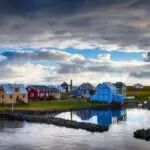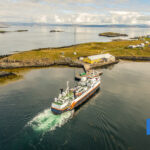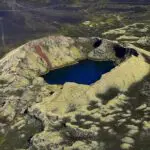Every language has sayings and proverbs, which, when translated, can sound incredibly weird. Some sayings even sound strange in their language, like the Icelandic saying, “we come completely from the mountains”. It’s just odd!
There are understandably quite a few Icelandic sayings relating to fish and fishing, as Icelanders are a fishing nation. So, we put together a list of our favorites.
At first, you will see the Icelandic saying, then the literal translation into English. And lastly is the meaning.
10 Icelandic Sayings about the Sea
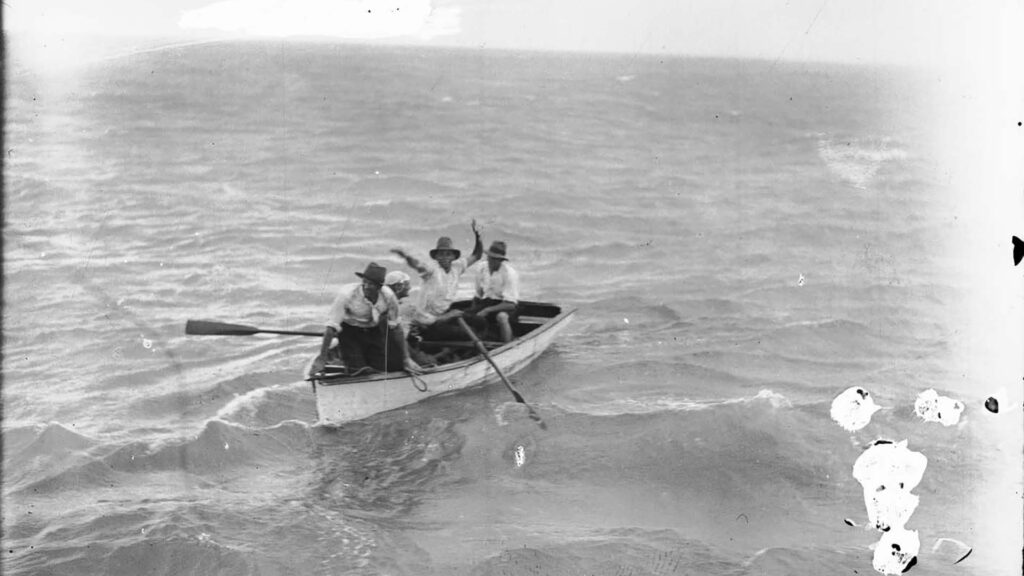
Árinni kennir illur ræðari – Lousy rower blames the oar. This literally means that poor worker blames everyone except themselves.
Sjaldan er ein báran stök – Rarely is there only one wave, or more colloquially when it rains, it pours. This saying is known from the 18th century and means misfortunes never come singly.
Eitthvað er ekki upp á marga fiska – Something doesn’t add up to many fish. This means that something isn’t worth much, is bad quality or is measly. Known from the 19th century. Fiskur (fish) was a standard of value (half cubit (of vaðmál (homespun cloth)) = one fish, one cubit= two fish).
Að vaxa fiskur um hrygg – To grow a fish around the spine. Increase in power, influence, and the like. Known since the 19th century. The saying initially meant to get fatter, as fish meant muscle.
Að finna einhvern í fjöru – Find someone on the beach. Settle matters or beat someone up. This saying has been known by this meaning since the 19th century. It is, however, most likely an ancient saying derived from German laws stating that thieves should be punished on beaches. This clause was also found in old Norwegian laws. Then they’re in Icelandic law books Járnsíða and Jónsbók.
Að hafa marga fjöruna sopið – To have swallowed many a tide. Saying known from at least the 18th century means that someone has gained much experience and evolved.
Að haga seglum eftir veðri – To adjust the sails according to the wind. This saying is known from the 19th century and means to behave according to circumstance.
Að renna blind í sjóinn – Slipping blindly into the sea. A 19th-century saying which means to do something blindly. It literally means to fish blindly without knowing the weather forecast.
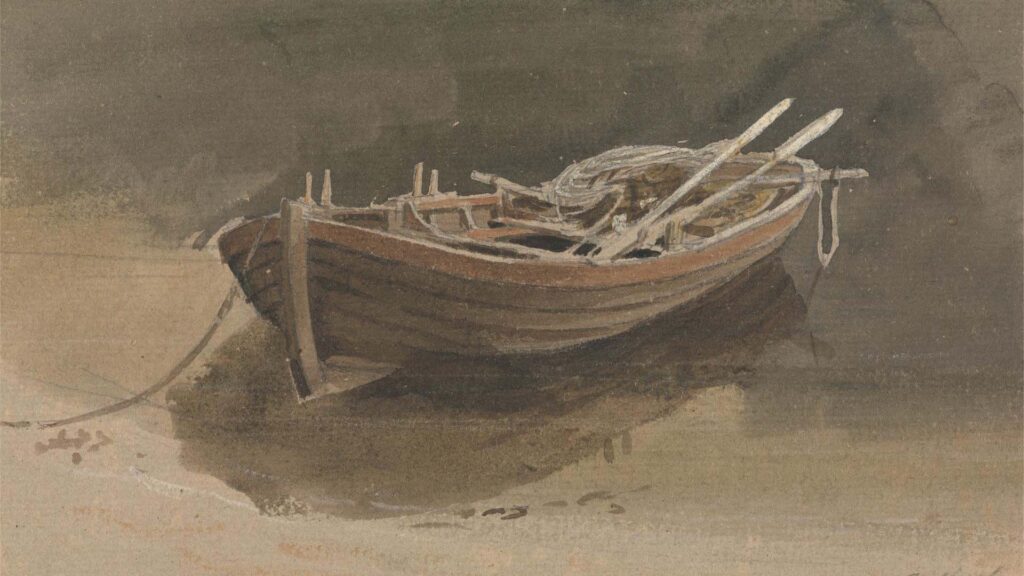
Að leggja árar í bát – To put the oars into the boat. An 18th-century saying about giving up, stop something. It means to stop rowing.
Það er komið babb í bátinn – There’s a trouble on the boat. This means a problem has cropped up and been known since the 18th century. Two older meanings of this saying are that fishermen are becoming dissatisfied with the first mate on board or that the ship’s sides crackle in the waves.
Please signup HERE for our newsletter for more fun facts and information about Iceland!

